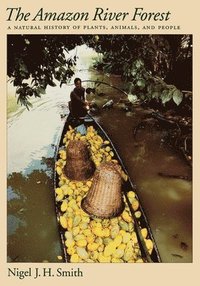959:-
Uppskattad leveranstid 7-12 arbetsdagar
Fri frakt för medlemmar vid köp för minst 249:-
The years of the British Civil War and Interregnum constituted a turning point not only in the political, social, and religious history of seventeenth-century England but also in the use and meaning of English language and literature. At a time of crisis and constitutional turmoil, literature itself acquired new functions and played a dynamic part in the fragmentation of religious and political authority. Nigel Smith argues that the upheaval in divine and secular authority provided both motive and opportunity for transformations in the nature and meaning of literary expression. The increase in pamphleteering and journalism brought a new awareness of print; with it, existing ideas of authorship and authority collapsed. Through literature, people revised their understanding of themselves and attempted to transform their predicaments. Smith examines literary output ranging from the masterworks of the age-Milton's Paradise Lost, Hobbes's Leviathan, Marvell's poetry-to a host of less well-known writings. He examines the contents of manuscripts and newspapers sold on the streets, published drama, epics and romances, love poetry, praise poetry, psalms and hymns, satire in prose and verse, fishing manuals, and histories. He also analyzes religious polemic and the language of political controversy, demonstrating how, as literary genres changed, they often acquired new vitality. Ranging wider than any other work on this period, this highly original book explores the effect of politics on the practice of writing and the impact of literature on patterns of historical change.
- Format: Trade paperback
- ISBN: 9780300071535
- Språk: Engelska
- Antal sidor: 442
- Utgivningsdatum: 1997-05-13
- Förlag: Yale University Press



